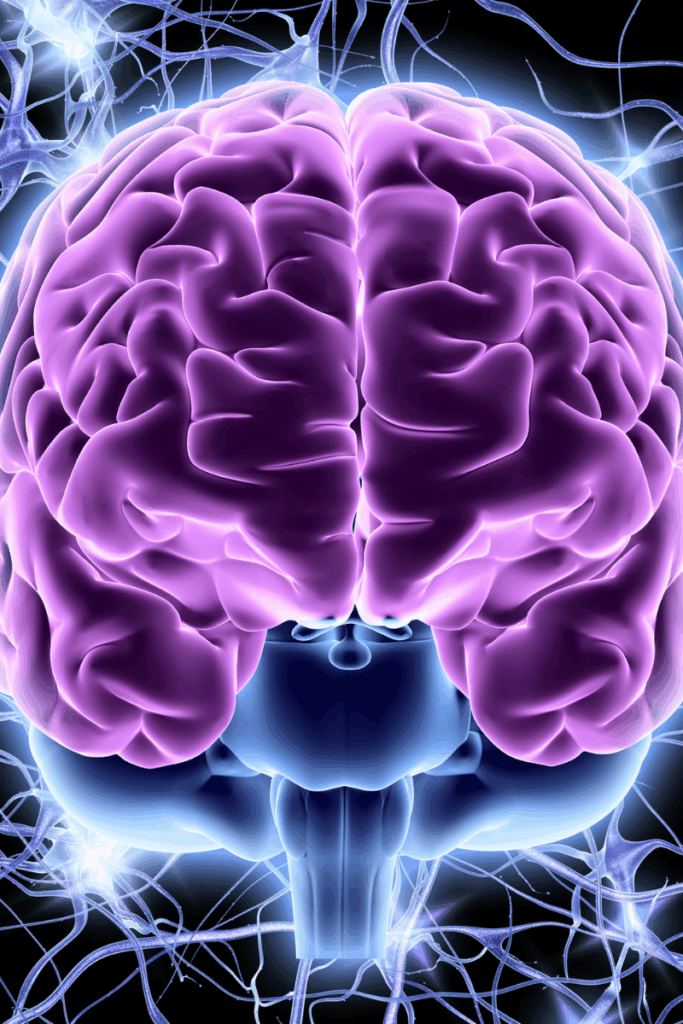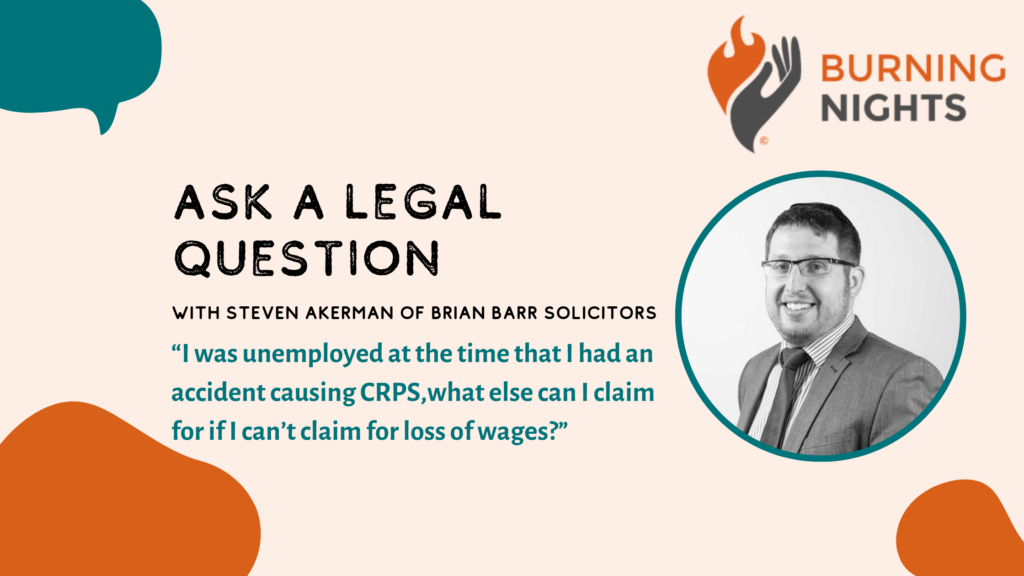When it comes to chronic pain syndrome, there is no universal definition, but it is often explained as pain that has persisted for longer than 12 weeks, or beyond what would be expected to have been a normal healing period.
What is pain?
When you are suffering from pain it is hard to explain to others how you are feeling. But chronic pain is very real and can be complex.
The brain and the spinal nerves make up the central nervous system. The spinal nerves carry messages from the body to the brain to tell it what’s going on. The brain acts like a control centre working out from these messages if it needs to do anything. It’s sometimes easier to think of how the messages and the brain combine together to form an alarm system. It’s the brain’s interpretation of this information from the alarm system that results in the feeling of pain. Sometimes the brain’s interpretation of these signals isn’t accurate.
We usually expect pain to settle down with time but sometimes the brain continues to send out pain signals. These signals can be hard to stop, are often intense and at times seem to come for no obvious reason. This fact isn’t always easy to understand but it important to understand that this pain is still “real”.
Why is the pain so bad?
Living with chronic pain can be exhausting, making daily life a struggle.
- Pain affects sleep
- Pain is exhausting
- Pain can be connected to inflammation
- Pain medication can cause side effects
- Pain can reduce activity levels.
Chronic pain can interfere with your daily activities, such as working, having a social life and taking care of yourself and your family, and can sometimes lead to depression, anxiety and trouble sleeping. A lack of exercise and unused muscles due to living with a chronic pain condition can cause tiredness and exhaustion, starting a vicious cycle and making your pain worse.
Pain relieving medication
Painkillers are often the first line of attack in treating chronic pain syndrome. Doctors may advise NSAIDs – Non Steroid Anti Inflammatory Drugs – such as Ibuprofen. These work in the body by blocking the effects of a particular group of enzymes which contribute to the production of both pain and inflammation. Paracetamol can also help alleviate pain when taken on a regular basis, but It has no effect on inflammation. Opioids, such as Codeine and Tramadol, are another extremely powerful type of medication and work by binding to receptors and decreasing a body’s reaction to pain and increasing tolerance levels.
Alternative therapies
Drugs are not the only answer to managing chronic pain; alternative medicine or therapies can be effective, especially when used in combination with an overall pain management programme prescribe by a doctor.
- Acupuncture is available on the NHS in some parts of the country and has shown to be helpful in combatting chronic pain.
- Yoga, breathing techniques and meditation can all be effective and help to reduce symptoms of chronic pain by learning how to remain positive and manage negative emotions.
- Low impact exercise (such as cycling, swimming and walking) can help with chronic pain, as the movement can trigger the release of feel-good endorphins such as dopamine, which can result in improved tolerance for pain. The exercise can also help to alleviate stiffness and pain caused by a lack of movement in the joints.
Those who suffer from chronic pain are often inactive due to fear of causing their symptoms to worsen. However this just contributes to the pain cycle. Of course, not everyone is able to exercise and medical advice should always be sought before embarking on a programme.
If you are suffering from fibromyalgia, CRPS, or any chronic pain condition as a result of an accident that was not your fault, and even if you have an existing claim, get in touch with Brian Barr Solicitors to see if we can assist. It is simple and hassle free to move your claim to Brian Barr Solicitors who are experts in dealing with chronic pain litigation. Call us today to find out more.
We do not endorse any research, studies or sources mentioned within our blogs and comments. The blog is for information purposes only as we are not medical professionals. We do not endorse any medical advice provided and would strongly recommend anyone seeking medical advice to contact their local healthcare provider before any changes to treatment and / or management of your condition is undertaken.

















